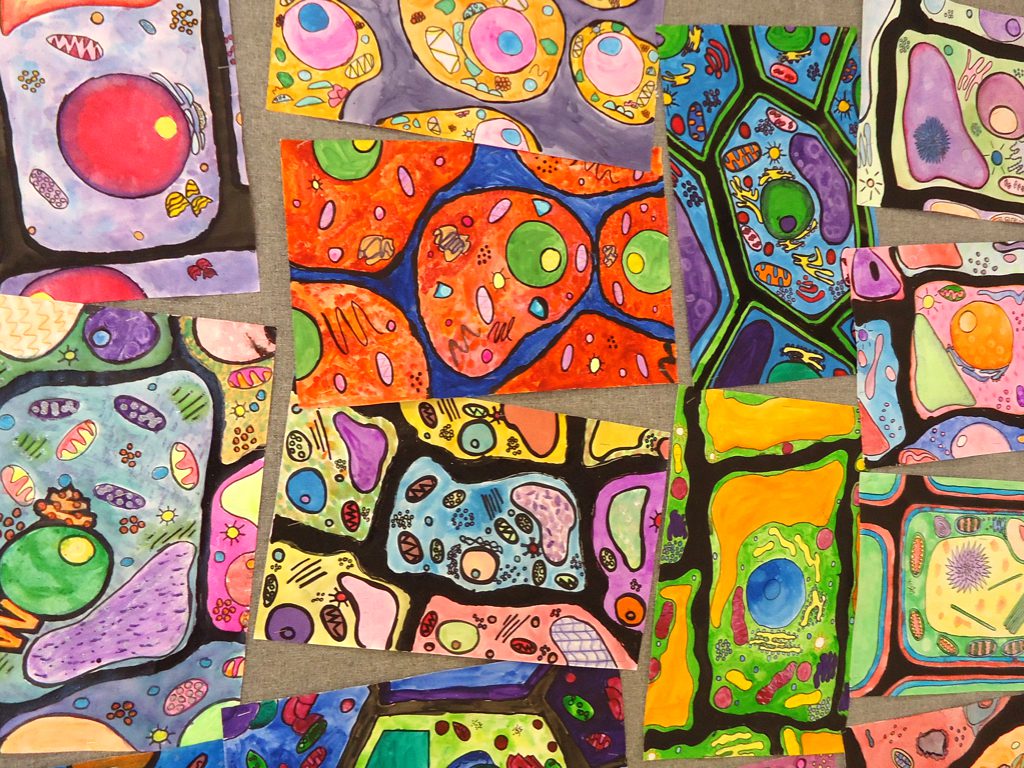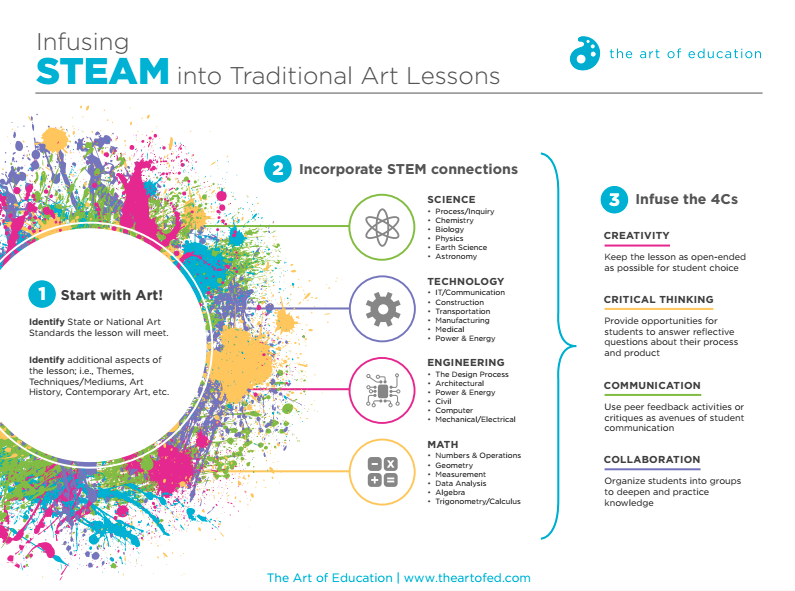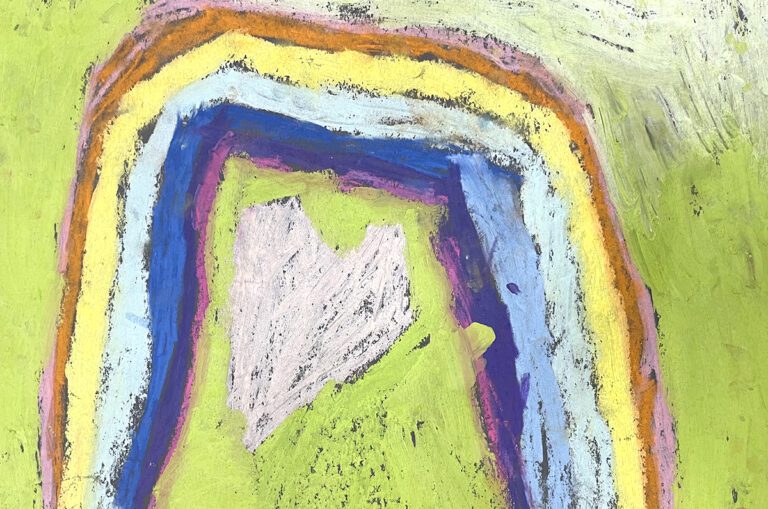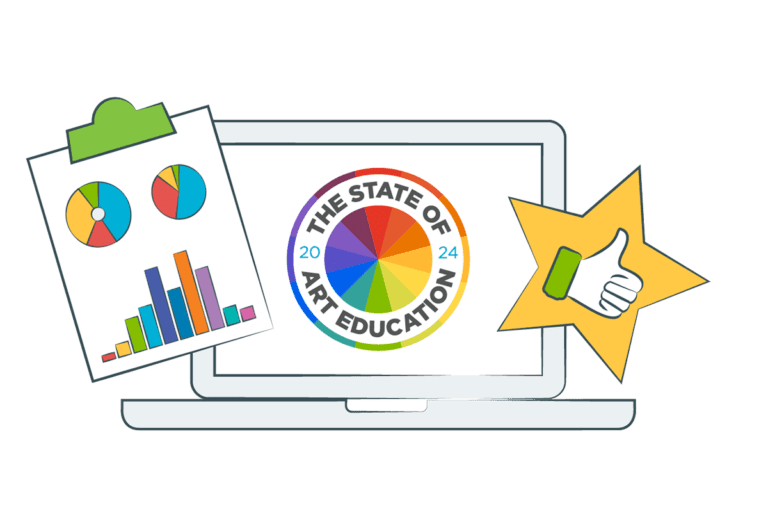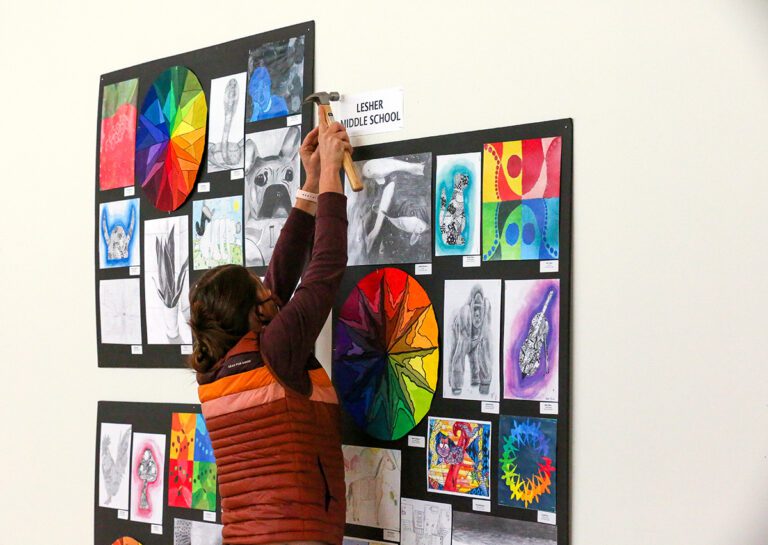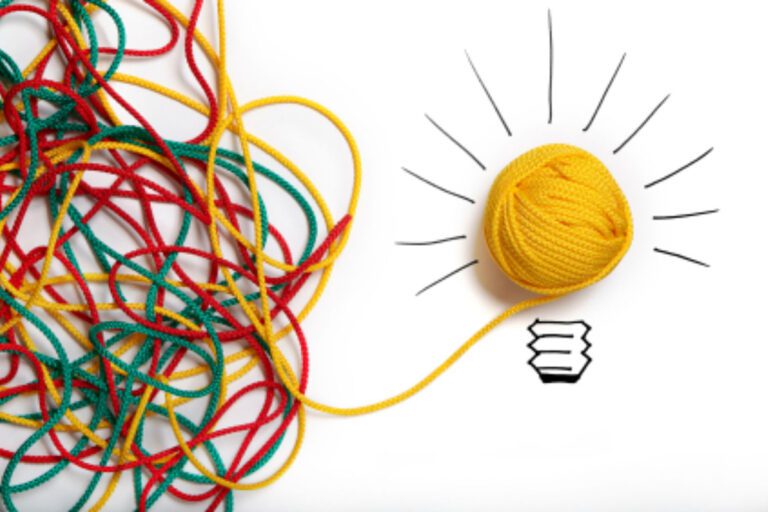Turning STEM into STEAM isn’t as simple as it sounds. STEAM lessons don’t always blend art as an equal component to the other disciplines. There are many lessons out there that claim to be STEAM, but the added art is usually an afterthought and little to no aesthetic concepts are put into the actual process. It’s not that STEAM lessons have to produce a desirable outcome; it’s just that STEAM lessons should highlight the subject it was meant to incorporate in the first place.
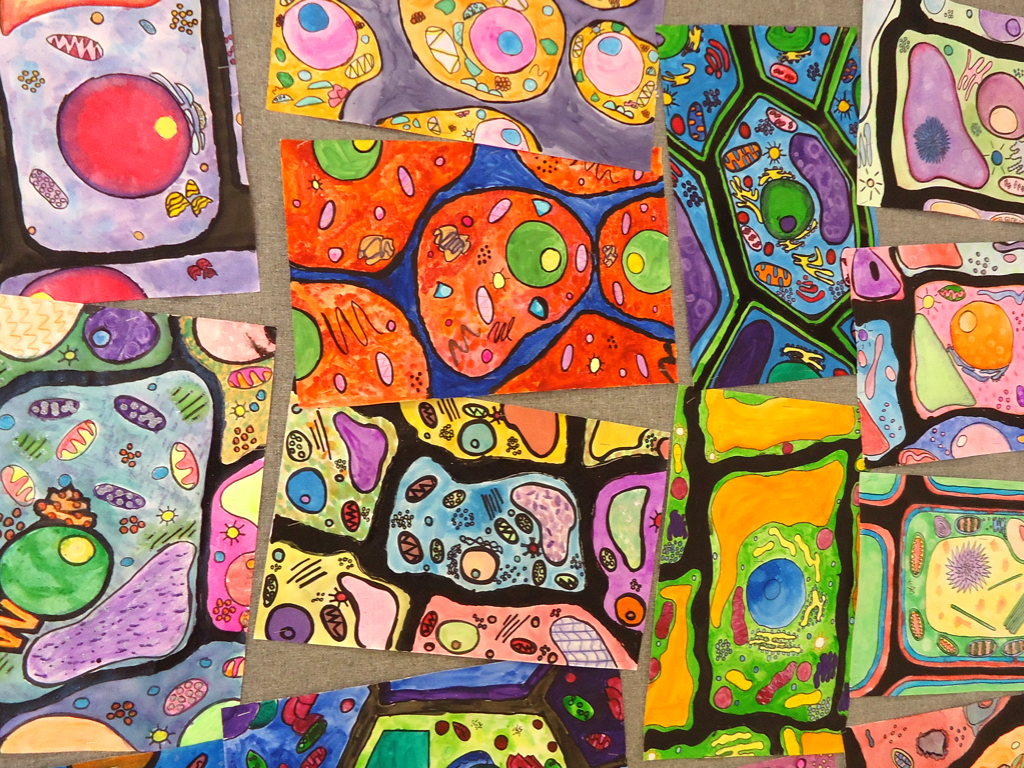
Try starting with the art and moving into the STEM connections.
Think about how much breadth is included under the STEM umbrella. It’s far reaching; multiple avenues of math are included, various branches of science, not to mention all the components of engineering and technology. It’s difficult to cover each discipline with equal concentration. When I plan lessons with my STEM colleague, we try to strike a balance that feels rigorous, yet manageable. Hitting a couple of benchmarks within STEM standards is a good starting point.
Finally, determine how you can infuse the 4Cs (Creativity, Critical thinking, Communication, and Collaboration) into your planning. Again, realistically, it’s hard to cover all of these concepts at once, and many times it’s best to narrow your unit down to what you feel is best integrated authentically. For example, providing opportunities for students to answer reflective questions about their art making process can boost critical thinking skills while using peer feedback activities or critiques can facilitate more meaningful communication within your classroom.
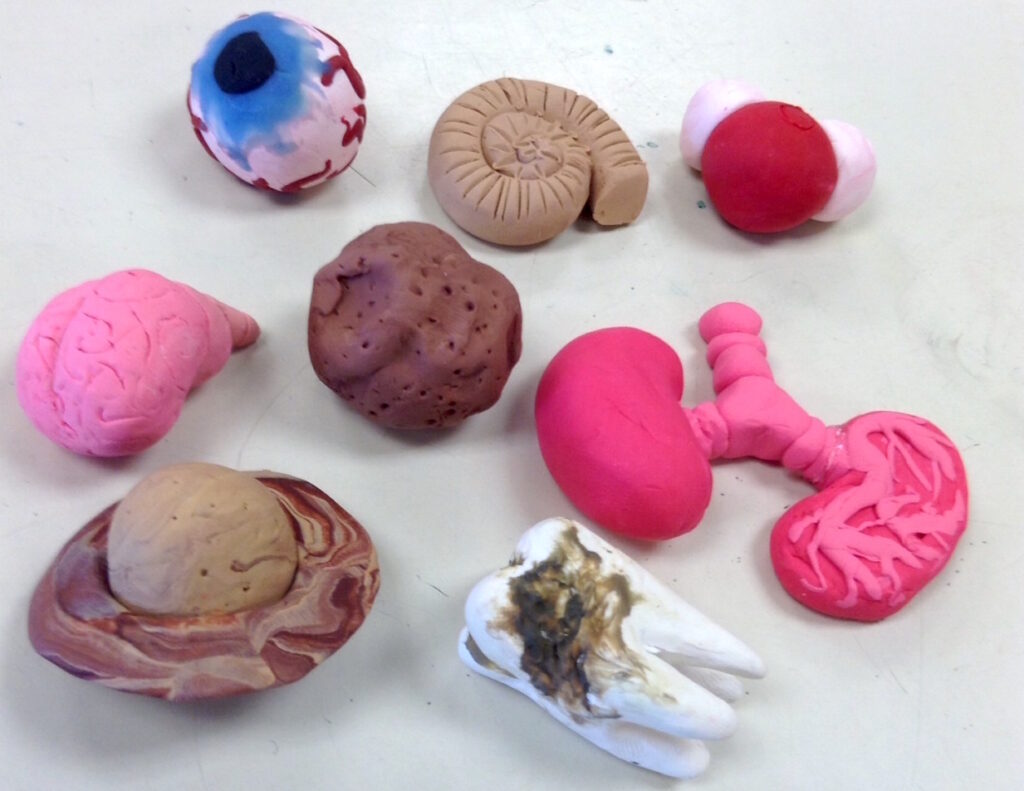
Integrating art into STEM lessons with integrity can be done. It’s about finding the balance where the art portion is kept genuine and equally combined with the other disciplines. Here is a STEAM planning document for you to use as a guide. Take a look at the download below.
Download NowIn addition, we are excited to announce that we’ll be launching a brand new class this April called Project Based Art Room! The class is a perfect introduction to all things PBL (Project-Based Learning), STEAM, Design Thinking, Makerspaces and more! This class will be for beginning and experienced teachers alike as various methods of incorporating these 21st-century models will be explored and integrated into your own teaching practices. Find out more here.
What is the best way for you to plan for STEAM lessons or units?
What has been your most successful STEAM lesson?
Magazine articles and podcasts are opinions of professional education contributors and do not necessarily represent the position of the Art of Education University (AOEU) or its academic offerings. Contributors use terms in the way they are most often talked about in the scope of their educational experiences.
